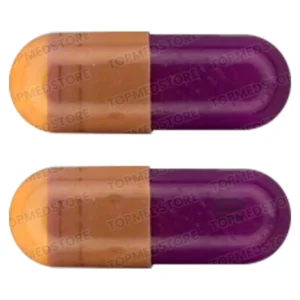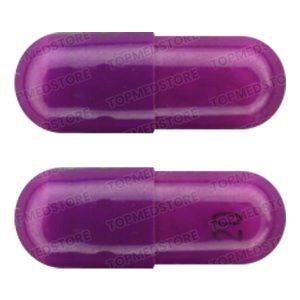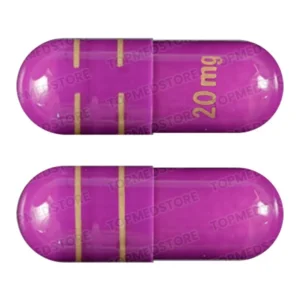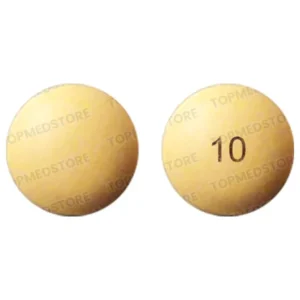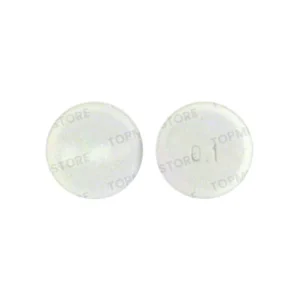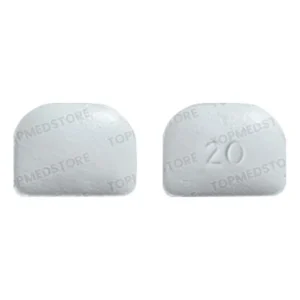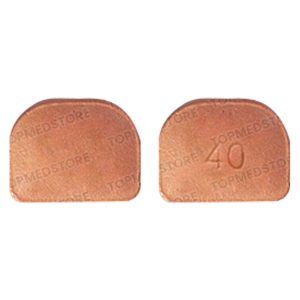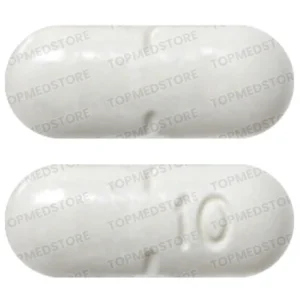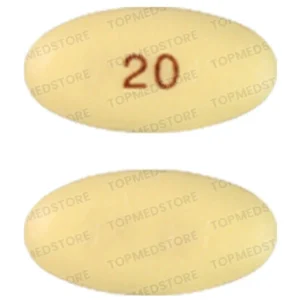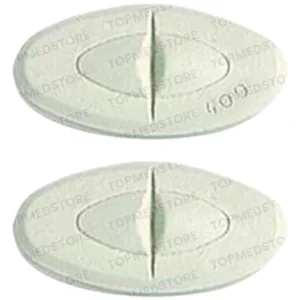Free Shipping for all Order of $159 .
We bring you generic medications just as good as the brand names at an affordable price, without making a big dent in your wallets for your healthcare necessities.
Our products have been created to have the same quality, potency and safety as the brand names.

